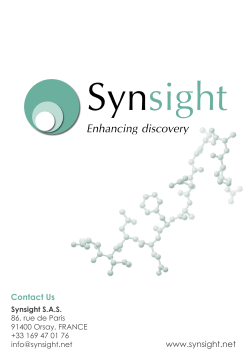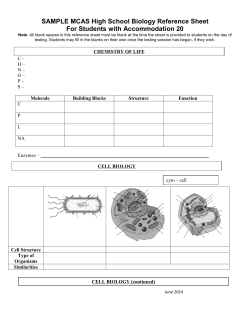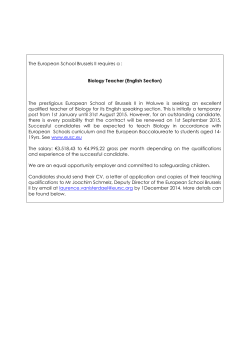
Is Life computable? What remains to be discovered
Is Life computable? What remains to be discovered. Hans V. Westerhoff and friends Molecular Cell Physiology, AIMMS, VU University Amsterdam, EU Synthetic Systems Biology, SILS, the University of Amsterdam, and Manchester Centre for Integrative Systems Biology, University of Manchester, UK, EU. Biology began by marveling at Life’s diversity. Then it found substantial similarities between all organisms, with many molecular principles being identical. Mathematical and Systems Biology discovered additional general principles of network organization and produced models elucidating how these general principles (could) work. Meanwhile both experimental and computational biology progressed into the ability to make precise and realistic, replica models of molecular reality, sometimes called ‘watchmaker models’. Experimental data on individual transcription factors and enzymes were becoming available, including sequence, process, and kinetic information. ‘Watchmaker models’ hooked up this information for all components of a pathway and predicted network functioning. Some precise models emerged that enabled understanding and the further analysis of general principles of Life. The making of watchmaker models is difficult because the required precise experimental data about all the components of the network are hard or impossible to obtain experimentally. Some of us are giving up on these models because precise values for kinetic constants are unknowable, implying that Life is not computable to this level of detail, and supposing that such detail does not matter. This is reminiscent of the Einstein-Bohr discussion on the essence of uncertainty in quantum mechanics, Einstein maintaining that the uncertainty derives from lack of obtainable knowledge. In this introduction to this week on front-edge computational systems biology, we shall show that for Life Einstein is right, i.e. that uncertainty can be removed by inserting more knowledge. And, detail does matter; molecular averages do not predict a functional average. This issue returns in the computational systems biology of multi-scale, time-dependent, and noisy Biology, as it does in personalized medicine and nutrition. What remains to be discovered is how computational systems biology can best help discover all the implications of all Biologies being so similar yet so different. And that is the topic of this course.
© Copyright 2025





















